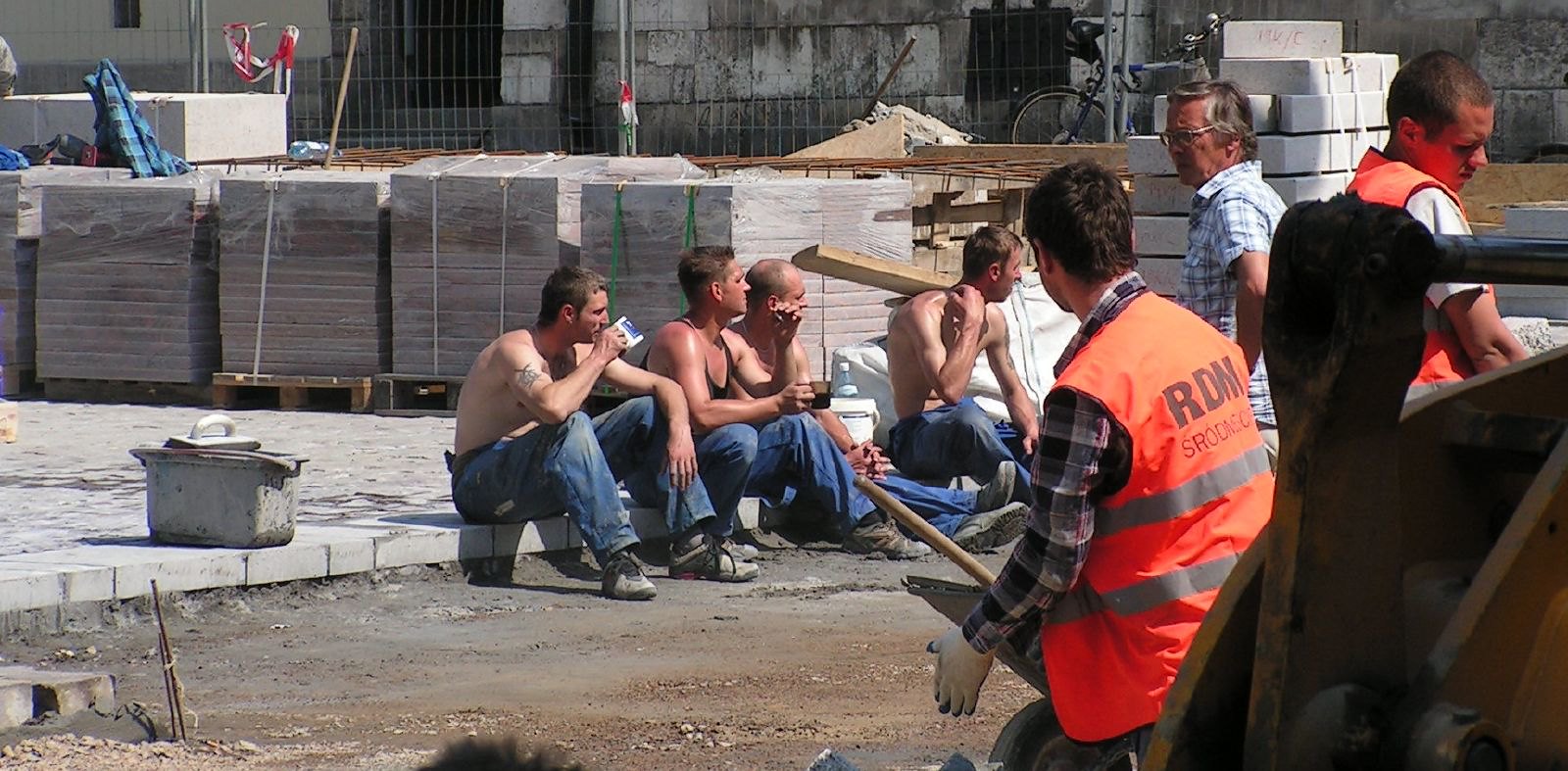It will be years before we’re able to zoom out and fully account for the war in Ukraine’s lasting global implications. From tectonic geopolitical shifts, all too-familiar energy crises and assorted shortages, there’s been a lot of talk about the economic and political implications of the crisis.
The Ukraine humanitarian crisis has seen the unprecedented displacement of people in Europe, and in a hyper-connected world, the shockwaves are being felt throughout the global labor market. What of the consequences for migrant workers in the global supply chain, impacted by the reverberations of war?
Futures Crushed by the Cost of Living
While Ukraine’s men are forced to stay and fight, many women and children flee. It’s estimated that they make up 90% of Ukrainian refugees. Chaos at the borders, exacerbated by the speed and scale of the crisis, language barriers and institutional unpreparedness, have left refugees tragically vulnerable to exploitation. Though some labor markets will swell with the influx of refugees from Ukraine, many migrant-dependent sectors prefer male workers, and will likely have to look elsewhere in the world to make up the numbers.
In 2021, 67% of the UK’s T5 seasonal workers were Ukrainian, the majority of them men. With Ukrainian seasonal workers currently unable to bring their families to Ukraine, combined with the fact that Ukrainian men are banned from leaving Ukraine, the UK will face an agricultural labor crisis if it doesn’t replace these workers quickly.
Millions of migrant workers in Russia come from central Asian states. According to the World Bank, remittances from Russia account for 15% of the GDP of Tajikistan, and 25% of that of Kyrgyzstan. Losing access to the SWIFT network means they’re not going to be able to send money home, and the depreciation of the Ruble is worsening an emerging central Asian poverty crisis.
As 25% of the world’s wheat exports come from Russia, the war is driving up the global price of bread as well as basic commodities like corn and sunflower oil. The amplification of global food poverty will drive the world’s hungry to more hazardous occupations. Employers simultaneously looking for suitable work candidates while feeling the pinch of surging commodity prices and falling wages could be disincentivized to exercise proper due diligence.
Child and Forced Labor
Before the invasion, Ukrainian children were subject to unconscionable child labor practices. Now, child refugees escaping war are at a heightened risk of being trafficked, as indicated by Poland’s recent decision to increase the maximum penalty for the sex trafficking of children to 25 years in prison. Shocking reports from the front line suggest that Russia has kidnapped over 400,000 Ukrainians, including 84,000 children, from besieged cities, placing them into indentured servitude in forced labor camps or economically depressed areas across the border.
For some countries, the war means higher food prices, but for others it means struggling to find food at all. Despite remaining flat for some time, the pandemic caused global hunger to surge by 18%. The war will undoubtedly exacerbate the global hunger crisis. As poverty is the single biggest driver of child labor according to the ILO, it will be children who suffer the worst of the consequences.
The Migrants Mired in Legal Ambiguity
Countries like the UK and Portugal depend on migrant workers come harvest season, but they’re not always treated as valuable employees. In the UK, reports like the WORC’s “Weed Out Exploitation” paint a bleak picture of the severity and extent of migrant worker exploitation.
The unanimously approved activation of the EU’s Temporary Protection mechanism has granted Ukrainians one year of the rights previously reserved for EU citizens. For any Ukrainian or third party national that was in Ukraine prior to February 24, 2022 it demonstrates absolutely what their rights are in EU member states.
Their legal status in the UK, however, is far murkier. The Family and Homes for Ukraine schemes have been decried for their myopic disregard for Ukrainians already in the country who aren’t able to return home because of the war. Caught in a legal gray area, those that happened to be out of Ukraine when the war began have less access to governmental support than refugees who fled because of the war. Lack of legal status drives unsafe labor practices and workplace discrimination.
Vigilance & Flexibility: Advice for Employers
In the scramble to fill gaps in the labor markets, companies will need to maintain human rights due diligence standards while overcoming challenges unique to the present moment. Employers need to keep an eye out for the usual abuses that can occur in the supply chain: forced labor, debt bondage, harassment, wage withholding, etc. They’ll also need to reevaluate the value chain’s weak points and identify areas where opportunities for abuse might arise due to the crisis.
As the pool of workers diversifies so too does the risk of selective practices, on lines of race, ethnicity and host country. Companies will need to remain proactive in how they deal with crisis-related issues as and when they occur, ensuring workers have access to resources and support networks to help them deal with the trauma of displacement. In the same vein, the effects of supply chain shake-ups on populations that are left behind will need to be taken into account. Businesses need to play their role in securing supply chains by using rapid human due diligence assessments and directly reach the most vulnerable workers.
Image credit: Krakow people by Aidan McMichael, available under a Creative Commons Attribution Licence 2.0 at https://www.flickr.com/photos/aidanmcmichael/528559106

